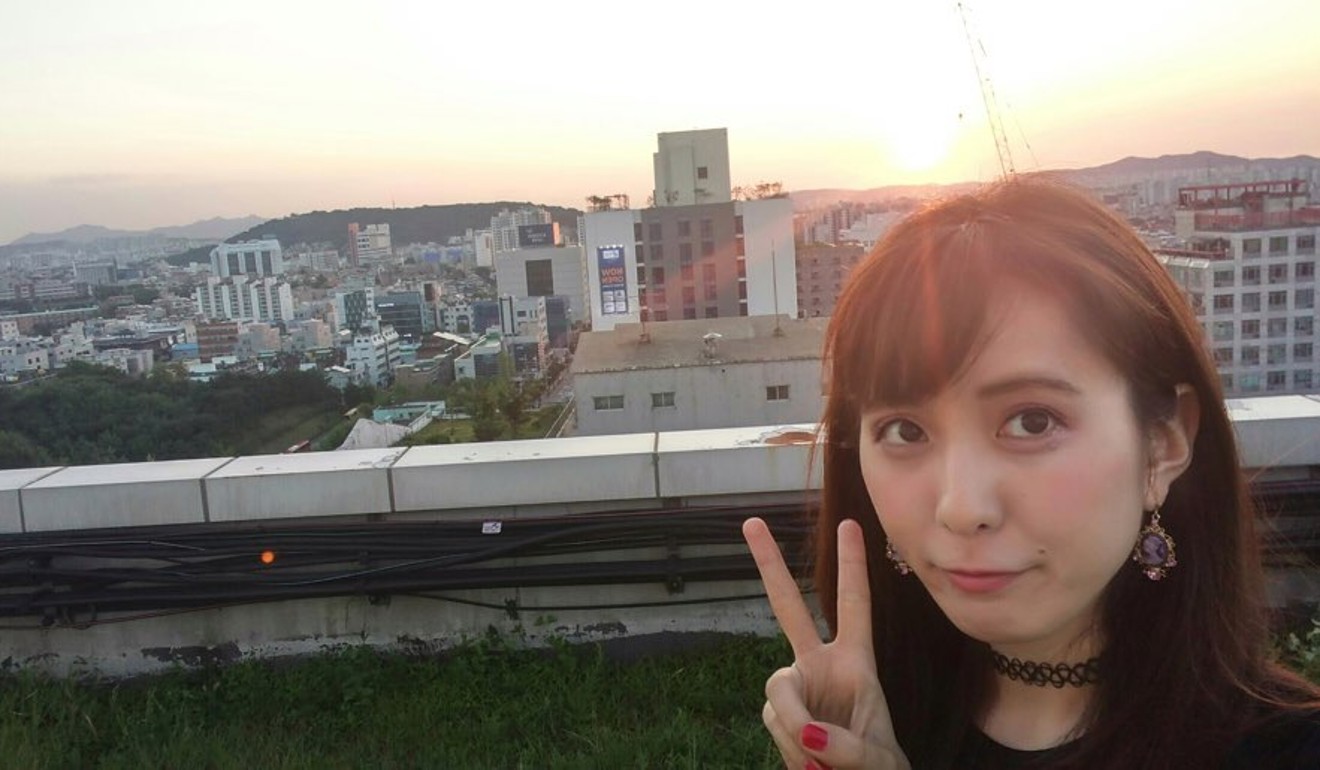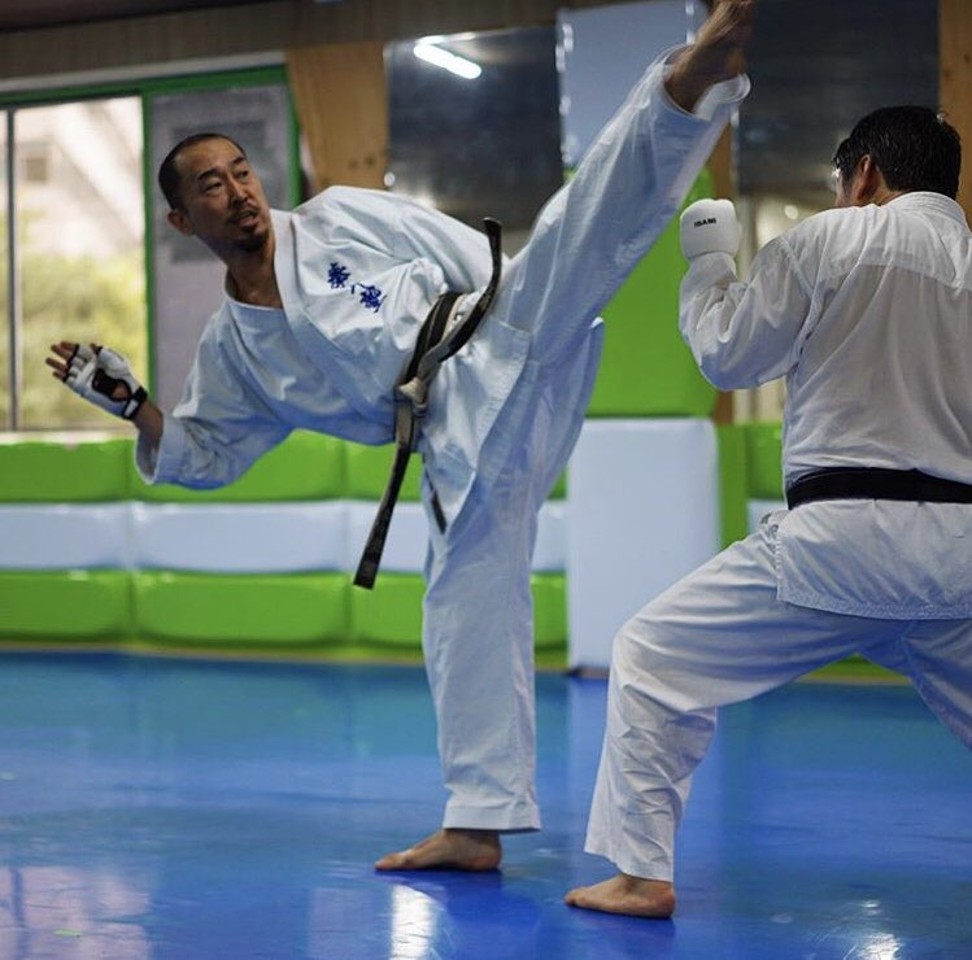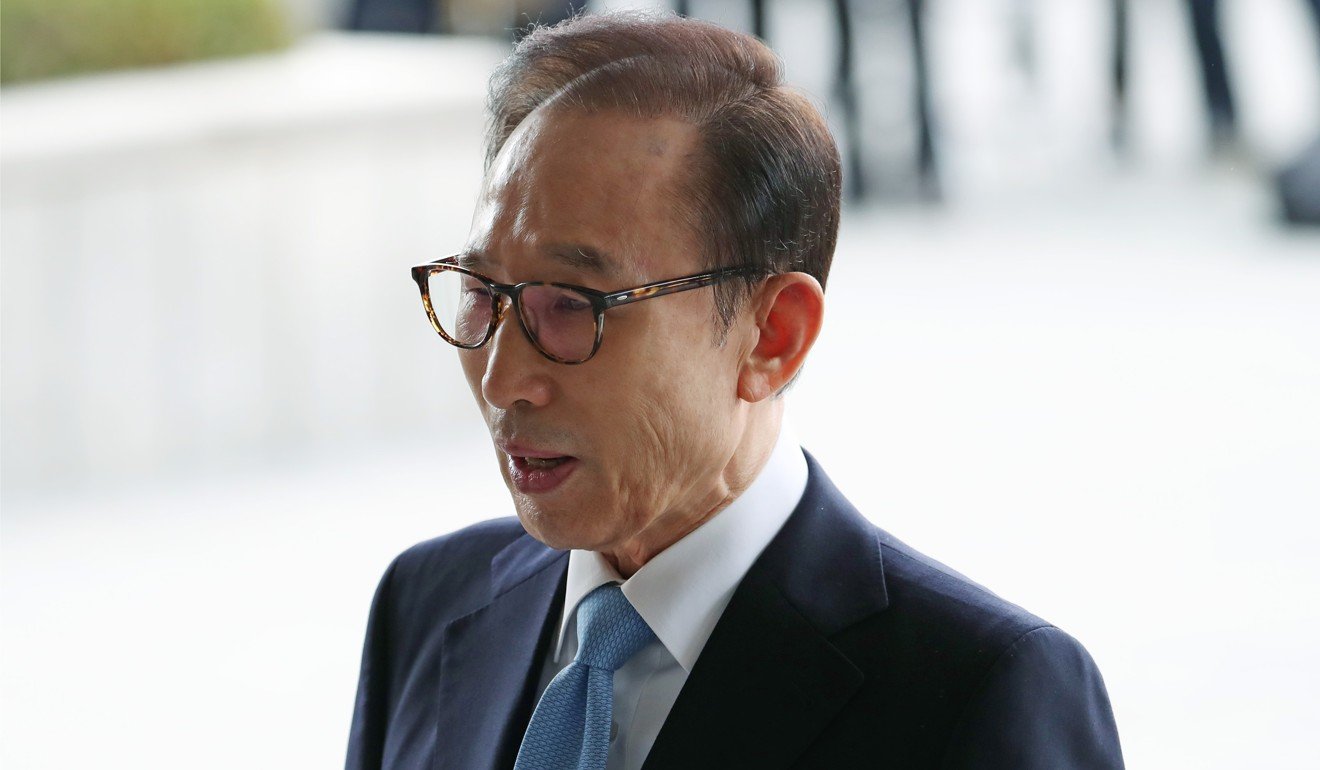
Anti-Japanese sentiment in South Korea brews as ‘trade war’ escalates
- Animosity between both countries has reached a flashpoint over territorial, historical and trade issues
- Some Japanese in South Korea are wary of discrimination but Zainichi or ethnic Koreans in Japan say xenophobia is an everyday reality

Aya Yanagishima has recently avoided mentioning her Japanese heritage while living in Seoul, fearing discrimination stemming from anger at Japan’s decision earlier this month to restrict hi-tech materials crucial to South Korea’s export-dependent economy. But Yanagishima has not been spared by the children she teaches, even though they are between six and 12 years old.
“When I say the word ‘Japan’ my students blurt out things like ‘I hate Japan’ or ‘your parents are Japanese and need to apologise, your ancestors are trash’,” the 31-year-old says.
Most recently, a student asked her to tell Japanese Prime Minister Shinzo Abe to apologise for offending South Koreans, she adds.
In recent weeks, cultural baggage and historical animosities have reached a flashpoint as the two countries, already tussling over territorial disputes and other matters, are now embroiled in an intensifying trade war.

For Koreans, the stand-off has fuelled anti-Japanese sentiment and calls for boycotts of Japanese products ranging from fast fashion brands to ramen chains and even stationery.
Japan is a top travel destination for Koreans, with about 7.5 million visiting last year. The trade dispute has taken a toll, though, as outbound bookings to Japan have fallen by 50 per cent, according to Korean travel agency Hana Tour.
There are nearly 61,000 Japanese living in South Korea, a country of 51 million, and they have become acutely aware of the tense environment.
When I say the word ‘Japan’, my students blurt out things like, ‘I hate Japan’
Saito Himiko*, a 31-year-old housewife, moved to South Korea six months ago with her Korean husband and has worked hard to blend in. She asked to withhold her real name for fear of being targeted.
“I try to speak as much Korean as I can,” says Himiko, who also reads local papers to keep track of Korean perspectives regarding Japan.
South Koreans, who have staged protests against Japan’s use of Koreans in wartime labour and sexual slavery, have grown increasingly vocal in their resentment of Japan. On Monday, six university students in Busan, Korea’s second-largest city, were detained after illegally entering the local Japanese consulate and protesting there.
Choi Hee-man, a security guard in Paju, a city one hour from Seoul, says he would not go to the aid of a Japanese person or “treat them nicely”.
“We should treat them exactly the same way they have treated us,” the 69-year-old says, adding that most people his age dislike the neighbouring nation. “Even before I was born, we’ve had a shaky relationship with Japan.”
This kind of discrimination may be new to many Japanese in South Korea. They may enjoy going to South Korea – 3 million Japanese visited last year – but many see their home country as a monoethnic society.
Ethnic Koreans who have lived in Japan for several generations, known as Zainichi, say they have long experienced discrimination from Japanese. The term Zainichi itself means “foreigner” and implies temporary residency, reflecting the pariah status of early migrants.
During the period of Japanese colonisation of South Korea from 1910-1945, hundreds of thousands of Koreans moved to Japan in search of opportunity, attracted by the high demand for labour.
By the end of World War Two, there were about 2.3 million Koreans in Japan. Most eventually returned to live in South Korea but those who stayed were stripped of their Japanese citizenship and deemed resident aliens – a status many still hold. Today, there are an estimated 700,000 Koreans living in Japan, with many born there.

Kent Kim, a 55-year-old martial arts instructor and second-generation Zainichi who grew up in Fukuoka prefecture, says older Japanese-Koreans like his father experienced deep-seated prejudice.
“Until the 1980s, [like other foreigners] Zainichis could not even get bank loans and were not eligible to receive government housing,” he says. “The discrimination against them was institutionalised – big companies like Hitachi wouldn’t hire Koreans back then.”
Japan’s rapid economic growth in the 1960s improved the situation for Zainichi Koreans, says John Lie, a sociology professor at the University of California, Berkeley who wrote a book about their mixed identity.
“There were legal changes in the 1970s and 80s that made Zainichi eligible for public benefits and made outright discrimination illegal,” he says. “The educational and economic achievements of Zainichi were obvious by the 1980s.”
Notable Zainichi include Lee Myung-bak, the former president of South Korea who was born in Osaka, and Shin Kyuk-ho, also known as Takeo Shigemitsu, who founded the multinational Lotte conglomerate. Mayayoshi Son, the founder of tech giant Softbank, is another Zainichi to have achieved success.

Nonetheless, stereotypes about Zainichi persist: they are often regarded as less educated and less well-mannered than ethnic Japanese.
“The other day, I was drinking with Japanese acquaintances, and they said ‘oh you’re outspoken because you’re Korean. It’s in your blood’,” Kent Kim says. “I wasn’t sure how to take that.”
Negative attitudes towards Koreans are especially prevalent among older Japanese.
“I can’t trust Koreans,” says Kazuhiko, a 59-year-old man living in Aichi Prefecture who preferred to be identified only by his first name. “Of course it depends on the individual but Korean people seem combative … I have heard of Koreans acting badly, so I don’t have a good impression of them.”
For Miyuki, a 60-year-old woman living near Nagoya who also preferred to be identified by her first name, historical disagreements fuel the perception.
“I have an image of them as a country pestering us and asking for compensation over historical events,” she says, alluding to Korea’s demands for compensation over forced labour and wartime sexual slavery.
Younger Japanese, however, are more open-minded. Yuki Tanaka* lives in Australia but has also travelled to Korea.
“I have some Korean friends, so I try not to have any stereotypes or biased view towards them,” the 30-year old says.
In Japan, though, most Zainichi do not openly identify as Korean, instead using Japanese names to avoid being ostracised.
“Zainichi go by lots of Japanese names – some are really obvious,” says Kent Kim. “Kanaya, Kimura, Yoshimura and Aoki are all common Zainichi names.”
Kim did not consider himself Korean until eight years ago when he moved to his parents’ homeland aged 47.
“Back then I identified as Zainichi – as a Korean who wasn’t really interested in Korean culture. A lot of Zainichis are this way,” he says. “Then I went to Korea and it changed my mind. I started walking around and even cried. I went: ‘So this is where my grandparents are from.’”
*Names changed
Additional reporting by David Lee, Yumi Mizuno